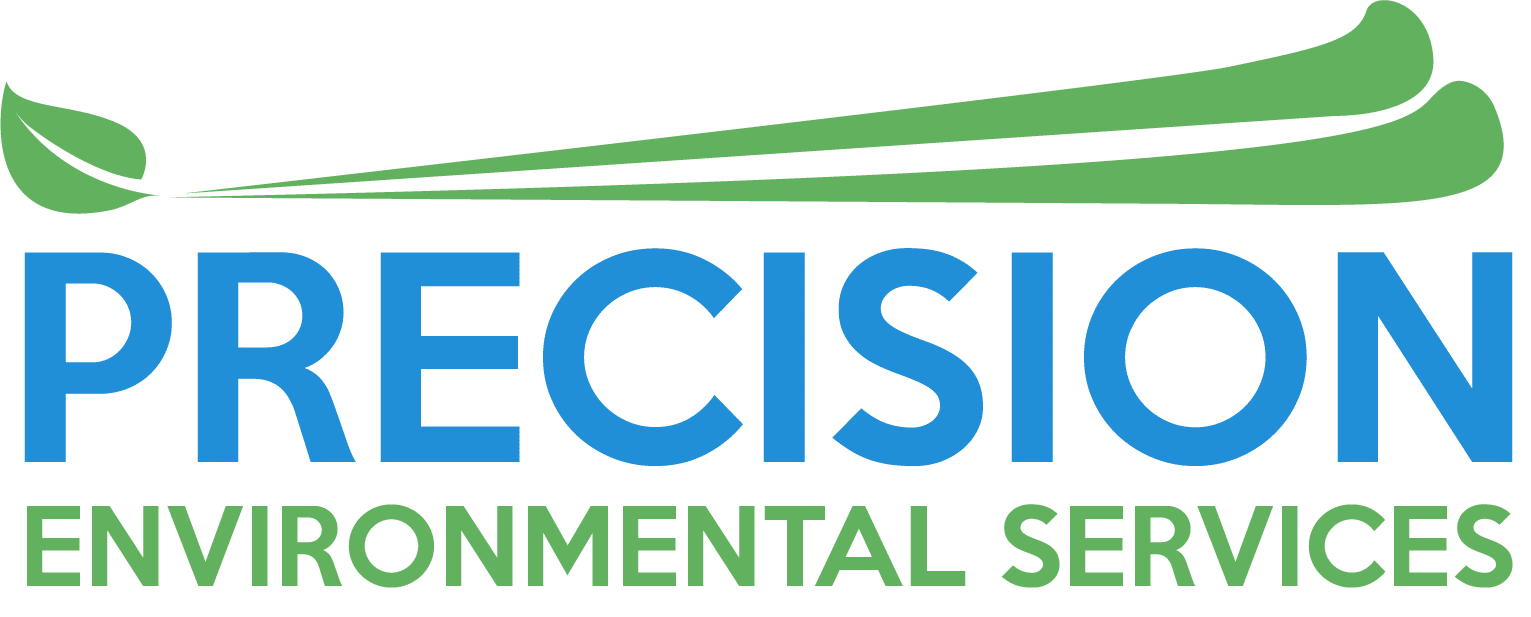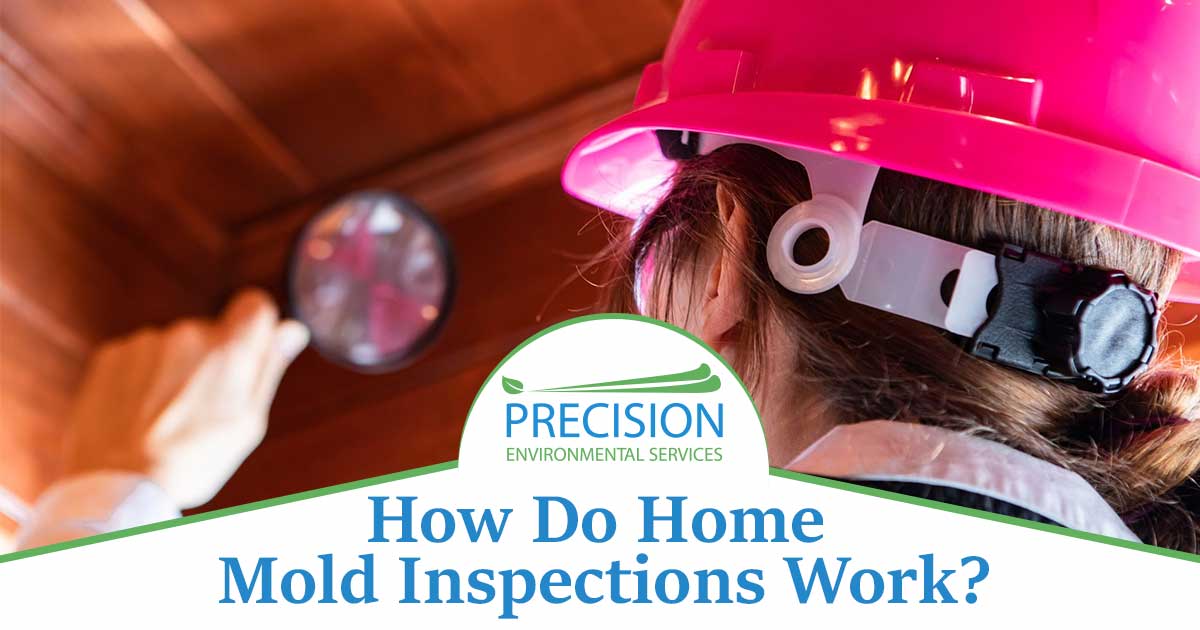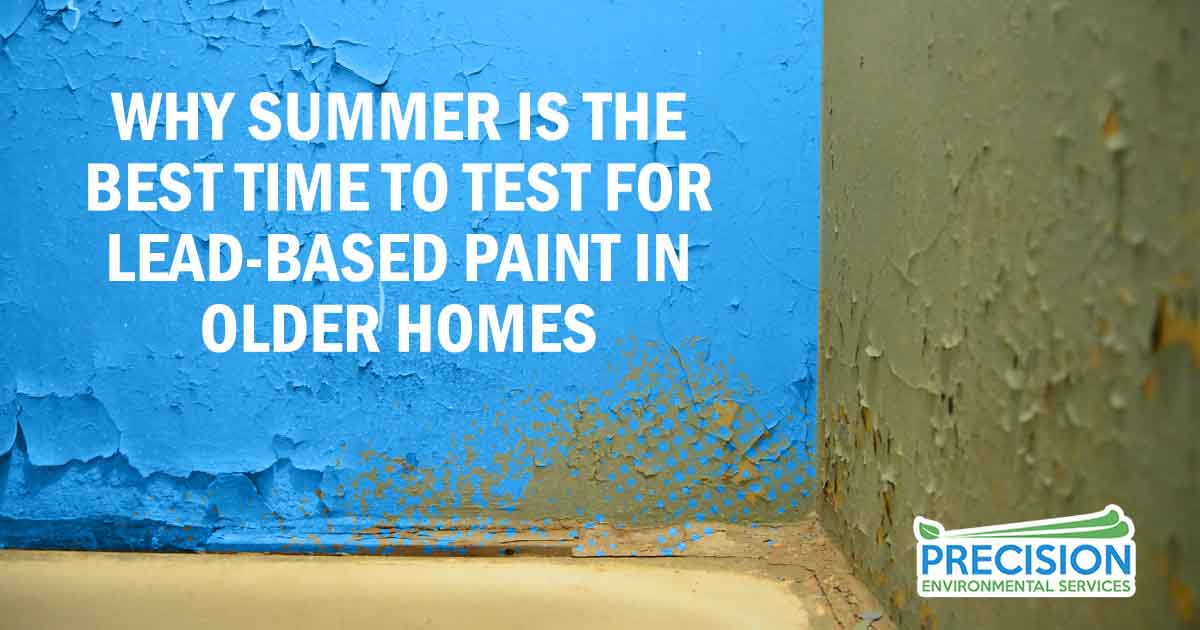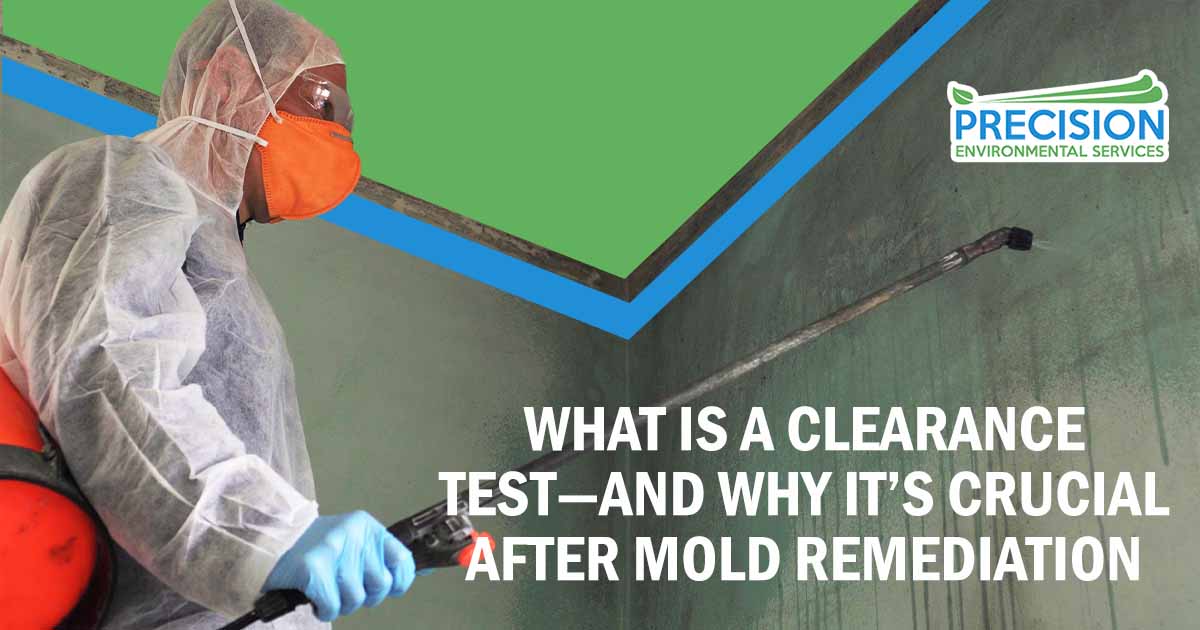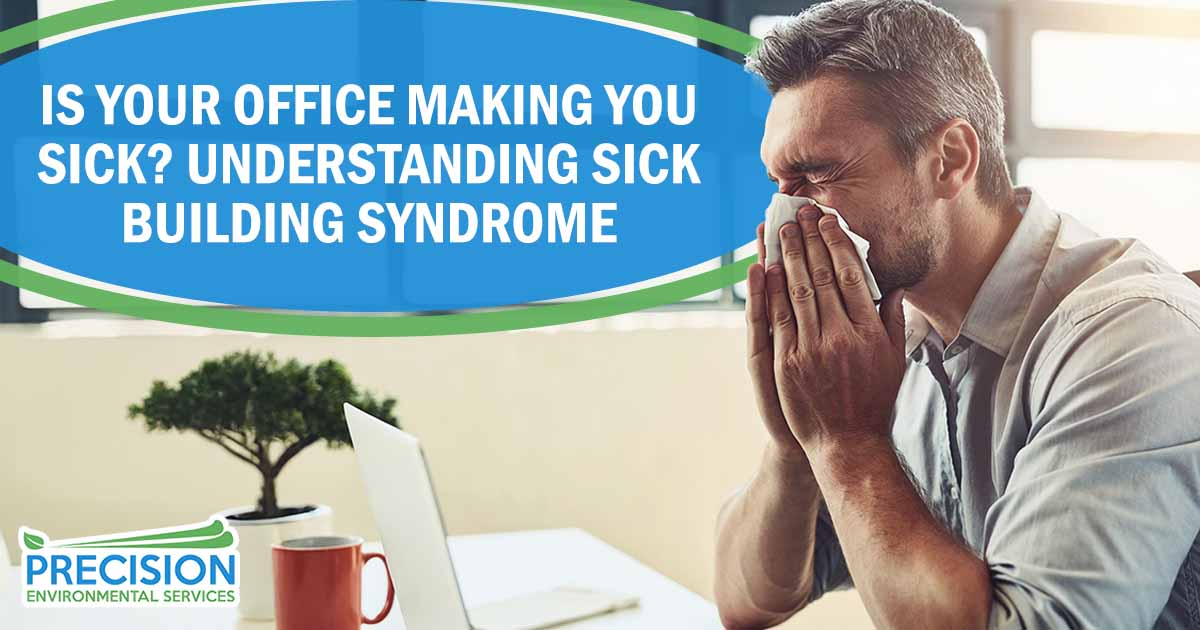If you’re trying to purchase a house, you should always ask for a home inspection. However, sometimes the home inspector will suggest you also get a mold inspection from a professional mold home inspector. But how exactly do mold inspections work and when should you get one? Furthermore, how much does a mold inspection cost and is it worth the price? We’ve got these answers and more to help you decide if you should request mold inspection and testing.
What’s the Main Purpose of a Home Mold Inspection?
Home inspectors regularly search for problems with the home. They typically uncover everything from burnt out lightbulbs to structural issues and everything in between. However, to properly inspect for mold one needs more training. Home inspections are great, and we recommend that every homebuyer gets one. But if you’re concerned about mold either due to signs of previous water damage, or odors that could potentially mean mold growth, or even if you or your family members just suffer from allergies or asthma and you want to play it safe, then you should consider hiring a mold inspector to perform air quality tests and inspections for mold.
Mold inspectors do a visual inspection of the new home or existing home for signs of mold. If left alone, mold can damage surfaces and lead to health conditions for the people who live or work in the building. Mold spreads by way of spores. Mold spores are everywhere. It’s virtually impossible to remove all the spores from the air. However, you can make sure to eliminate unintentional water sources around the home. Mold will only grow in areas with a water source. Mold problems occur when moisture is left unchecked. Then, when spores ultimately land on a damp surface, they grow. The mold inspector will look for these mold colonies and recommend a course of action depending on the size of your mold problem.
The Trouble with Mold in the Home
Homeowners and their families want to feel safe, secure, and healthy in their own homes. Mold contamination puts families at risk for developing health issues. Not only does mold negatively affect indoor air quality, but toxic molds such as black mold can lead to major health problems. Inspections for mold, mold testing, and an air quality test can all help determine what type of mold is present.
What Happens When We Encounter Mold?
If we determine that there’s a mold problem, the next step is remediation. Mold remediation first starts by ensuring that all water issues are properly addressed. This helps reduce the risk of mold growth in the future. By fixing any leaks in the roof, attic, basement or crawlspaces, kitchen, bathroom, and anywhere else you may have a moisture problem, you’re cutting off mold from what it needs most: water.
Once the source of the moisture is under control, mold removal begins. The price to remove mold depends largely on the type of mold and how many square feet are affected. If the tests for mold indicate a toxic mold is present, then the cost may be higher. Any porous building materials such as drywall will need to be removed and replaced in the affected area. To prevent mold from returning, you should stay on top of any leaks that start and ensure that kitchens and bathrooms have proper ventilation. You can also run a dehumidifier and your air conditioner to help reduce the humidity levels in your home.
Laws on Mold in Homes
The United States Environmental protection Agency (EPA) provides detailed information in the Molds and Moisture section of their website. Likewise, the Center for Disease Control and Prevention (CDC) also has information and resources about mold on their website.
For the most part, regulations and laws are on the state level. To understand the laws in your state you’ll want to visit the state agency responsible for both indoor air quality and mold in your state. You can typically find these through your state’s Department of Health or on the EPA website. States typically have different recommendations for what you should do if you do find mold in your home.
Also, if you’re purchasing a home and you find out that the seller did not disclose a known mold problem then you may want to speak to an attorney. Under real estate disclosure rules, they are required to disclose all information about any known problems. An attorney will help determine who is legally responsible and can help you file suit if needed.
Talking to a Mold Home Inspector
If you have visible mold in your home or a home you wish to buy, speak with a mold assessor. They’ll conduct a mold assessment including taking mold samples, air samples, and mold tests on the indoor mold. Testing and sampling results will allow them to create a report and discuss with you a plan on how to remove the mold. They may even recommend a mold removal service.
